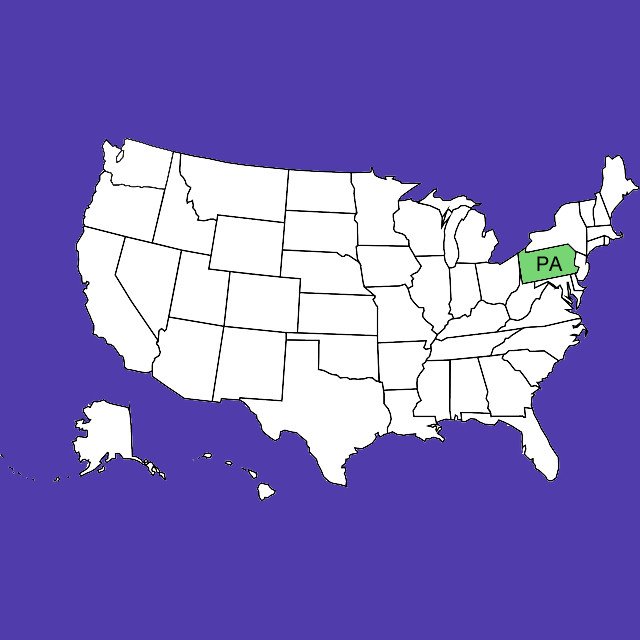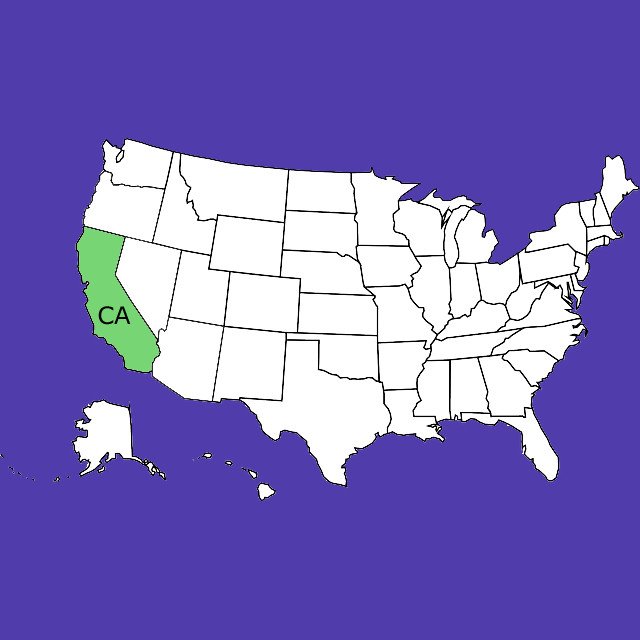
Cannabis Law Journal
August 2020 Edition
Vermont Cannabis Solutions / Hoban Law Group: Smoke’Em If You Got’Em – The Growing Business of Smokable Hemp Flower
Products that can be made from this newly legal hemp include CBD and other cannabinoid extracts that can be used as ingredients in foods or ointments, industrial materials such as hemp concrete, hemp-derived “plastics,” hemp flooring, textiles from hemp fiber, and a range of products that can be made from hemp seed
USA: Cannabis Bankruptcy and Chapter 15
Before the onset of COVID-19, the cannabis industry was facing a series of challenges: a more difficult than expected regulatory environment, disappointing sales, and a “capital crunch” as potential sources of financing narrowed. With the outbreak of the coronavirus, those challenges have only been exacerbated, despite cannabis businesses being deemed “essential business” in almost every state in which they operate. These challenges may leave less financially secure cannabis businesses insolvent.[1]
New Zealand: A New Way Forward? The Cannabis Legislation and Control Bill 2020
On 1 May 2020, the New Zealand released the complete and final version of the Cannabis Legislation and Control Bill 2020 (the Bill). The Bill will be voted on at this year’s General Election, with the two options being:
Colin Biggers & Paisley: Hemp Industry Developments In Australia
Australian cannabis growers and exporters welcome recent changes to Australia’s export control laws as the industry eagerly awaits the proposed rescheduling of cannabidiol (CBD) by the country’s Therapeutic Goods Administration (TGA) to allow CBD products to be sold without a prescription.
Shook Hardy Bacon: The Perils of Success: Innovator Liability & the Emerging Cannabis Market
Recreational marijuana and CBD products have swept the nation, with legal and regulatory acceptance growing on a daily basis. While some companies believe that the true value lies in cultivation of recreational marijuana or low-intensity CBD products, others have focused on developing patentable drugs from cannabis compounds.
Montgomery McCracken: Supreme Court of Pennsylvania Issues Ruling in Favor of Medical Marijuana Use and Legitimacy
Last month, the Pennsylvania Supreme Court took a significant step toward ensuring that Pennsylvania protects medical marijuana patients from unjust punishment.
Cozen O’Connor: California Are Your Old Cannabis and CBD Contracts Enforceable? Maybe Not.
Individuals and businesses involved in the cannabis or CBD industry are likely in the habit of making sure they are apprised of new laws and regulations in the jurisdictions impacting their businesses. However, when focusing on the future, sometimes, people forget to pay attention to the past — namely past business contracts.
EU Commission Says CBD From Cannabis Is A Narcotic, Not A Novel Food. What About The UK?
As previously discussed here in this blog, in January of 2019 the European Commission (EC) classified cannabinoids, including CBD, as novel foods. This means that in order to sell a CBD product in the European Union (EU) a manufacturer must submit a Novel Food Application dossier, which demonstrates the product’s stability and its safety for consumers.
Minden Gross: Israel – Cannabis Around The World Series
Cannabis for medical purposes has been permitted in Israel since the early 1990s. With the support of its Ministry of Health (and a dedicated budget of just over CAD$3 million/year), Israel has become a global leader in cannabis research and innovation.
Sheppard Mullin: Up in Smoke: COVID-19’s Impacts on Hemp & Cannabis M&A
It would be an understatement to say that the COVID-19 pandemic impacted transactional activity for buyers and sellers across a range of industries, the hemp and cannabis merger and acquisition (“M&A”) space being no exception. In particular, the current period of COVID-19 volatility in the hemp and cannabis space is marked by numerous consequential outcomes, namely: (1) a sharp decline in the number of deals; (2) decline in capital raises; and (3) overall decline in market valuations.
Minden Gross: New Zealand – Cannabis Around The World Series
In two months, New Zealand will hold a referendum giving its residents the opportunity to weigh in on whether recreational use of cannabis should become legal in the country. The referendum will occur alongside New Zealand’s 2020 general election, set to take place on September 19, 2020. If more than 50% vote “yes” to legalizing recreational use of cannabis, the incoming government may introduce a Bill to Parliament that would create laws to establish a legal recreational cannabis regime.
Origin Law: Contract Cannabis Farming in California: The Good, the Bad, and the Ugly
Of course, market volatility and our industry’s dangerous penchant for handshake deals make these agreements inherently vulnerable to predation by the party with greater bargaining power. Thus, the deal MUST be in writing, and the compliance issues (regulatory, labor law, etc.) must be fully thought through. Here’s a few legal issues to keep in mind:
Locke Lord: Latest Senate Coronavirus Relief Bill Omits Cannabis Banking Protection
Once again, the Senate appears to be punting on much-needed banking and insurance reform for the cannabis industry.
Manzuri Law: Managing Distressed Assets – Lessons Learned From MedMen, Ignite, and Acreage Holdings
The global pandemic and resulting economic turmoil have caused many businesses in the cannabis industry to teeter on the edge of insolvency. Although Governor Newsom was quick to declare cannabis businesses as “essential,” many of these companies have suffered huge losses, defaulted on their loan obligations and leases, and lack the capital to pay for their local or annual licenses.
A Biz In A Box: Rookie Mistake
We have reviewed articles in several publications that describe the Ninth Circuit’s affirmation of Decisions of the United States Tax Court rejecting as untimely filed the Petitions of Organic Cannabis Foundation (“OCF”) and Northern California Small Business Assistants (“NCSBA”).
Hoban Law: Solutions To Medicinal Cannabis’ Barriers In Colombia
Various companies with cannabis licenses have large amounts of flower that could not be processed due to the lack of clients, and large foreign investors have stopped entering Colombia because there are not enough sales; this implies a reduction of major investment into the country.










